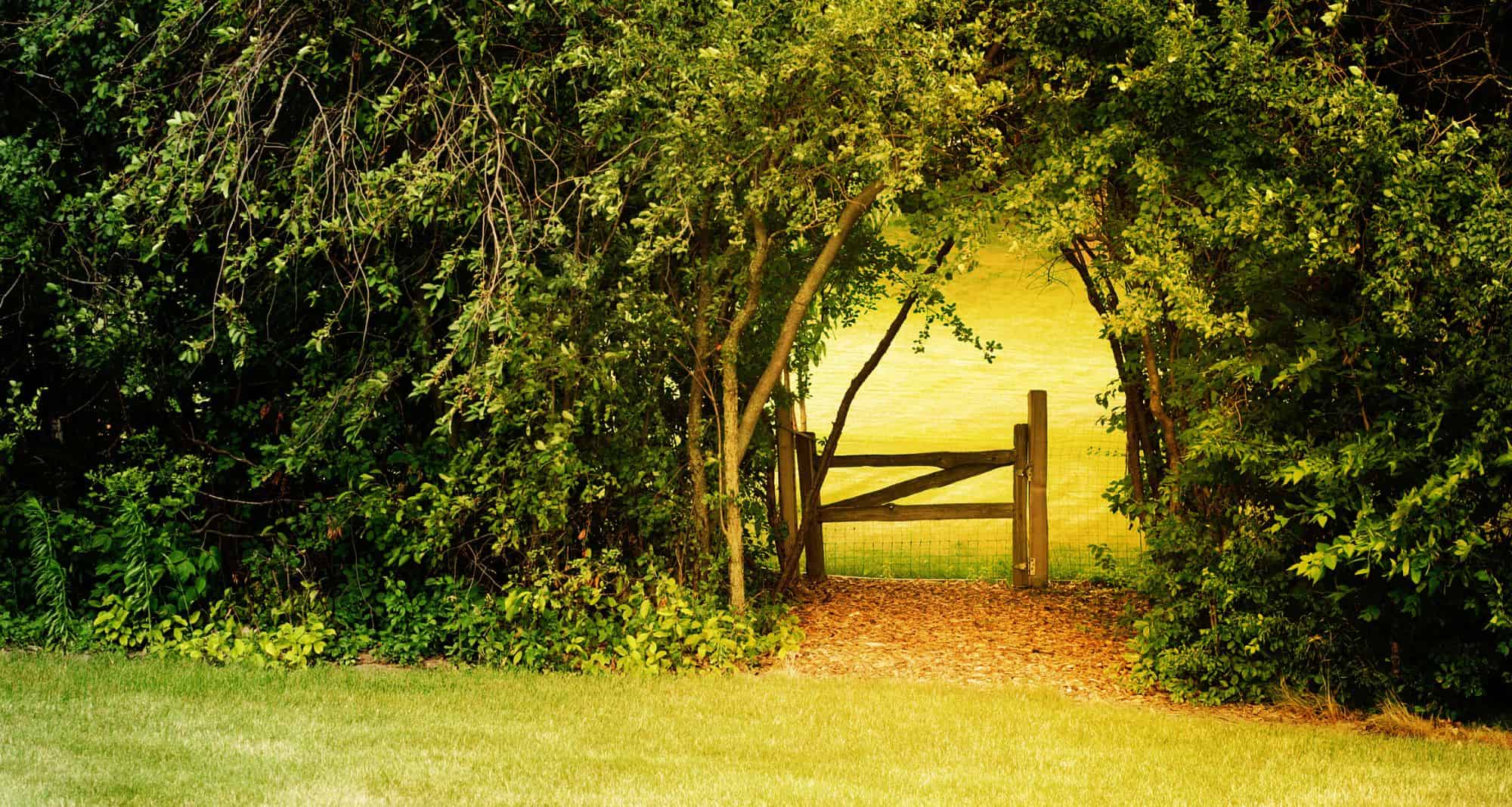
Death as a Rite of Passage: What it Means to Die Well
Death is the final stage of life. It deserves the same honour and preparation we give to birth, graduation, marriage, and other big life transitions.
Definition: a rite of passage is a meaningful ritual that marks a significant transition from one stage of life to another.
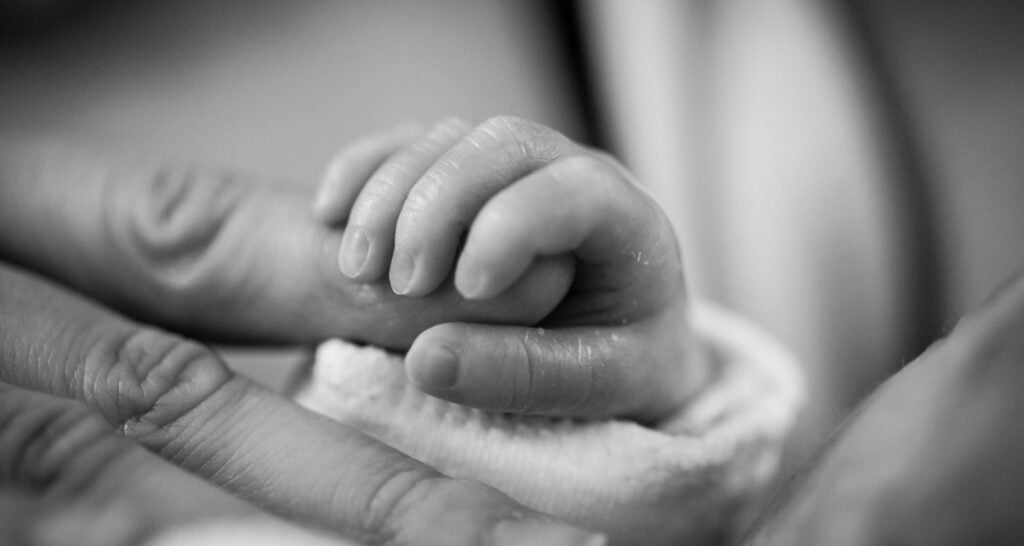

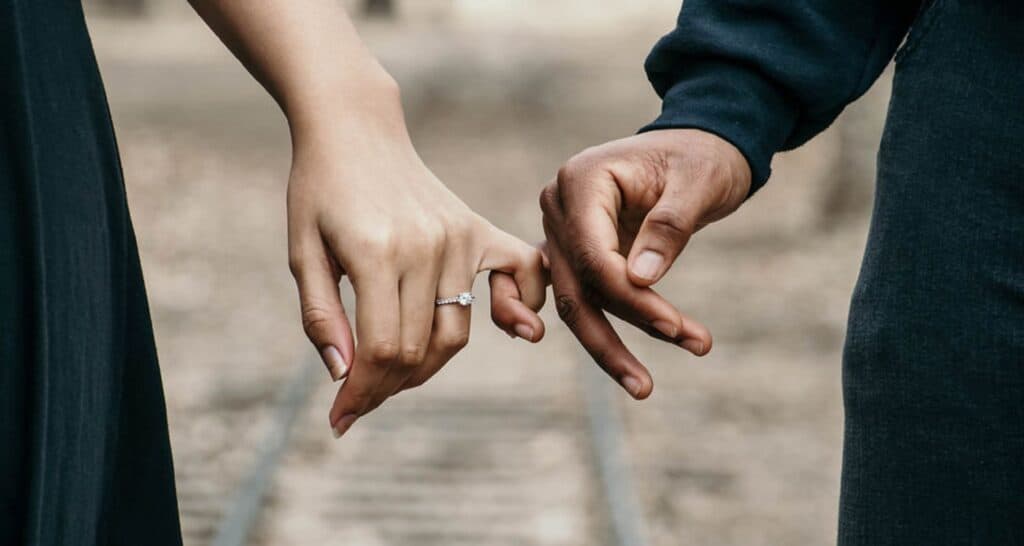
Death is universal and unavoidable but for some reason, in our dominant culture, we pretend it’s optional. We avoid it, downplay it, dress it up in euphemisms, or hand it off to strangers to deal with quietly behind closed doors.
That avoidance has consequences. People die every day without the support, ceremony, or dignity they deserve. Families are left scrambling, grieving in chaos, unsure of what their person wanted, unsure how to honour them.
We are collectively unpracticed at being with death. And it shows.
Here is a Times Colonist article I was featured in about the trend away from mourning rituals and it’s effect on grievers.
If we saw death as the rite of passage it truly is, we’d show up differently. Here are some ways to honour life, love, and approach dying consciously:
Talk. What if we talked about death openly as a natural part of being human, not something wrong or bad? Imagine that!
Ask questions. Vulnerability creates space for connection.
Prepare. We prepare for a trip, or even to go out for the day. Prepare for the certainty of death as naturally as you would any anticipated outing.
Share stories. Where do you come from? Who are your people? What lessons and experiences have shaped who you are today? These precious details are lost when they aren’t written down or spoken. Even if you doubt anyone is interested, children and grandchildren grow up and become interested. Many of us yearn to know our heritage.
Make thoughtful plans with your survivors in mind. Dying isn’t optional. Your spouse, adult child, executor, next-of-kin will have dozens of tasks to do when you die: to notify friends and family, make funeral arrangements, re-home your pet, stop your automatic payments, settle your debt, close your bank account, etc. None of this is optional, it’s going to happen. What is optional is how you prepare them.
Grieve together, not in isolation. This can be as simple as gathering friends to share stories and a toast, or it can be a formal ceremony with a celebrant guiding the intentional work of mourning. Something powerful happens with a group of people grieves collectively: the grief has the space and permission to move through. Hold space for the sacredness of goodbye.
Dr Sarah Kerr reminds us that many cultures speak of the soul’s journey from here to there. From the world of the living to the world of the dead. She likens the space in between to a river. She describes it beautifully in this short video. As grievers, we can help our person across that river by saying goodbye intentionally, and then collectively sending them off with love.
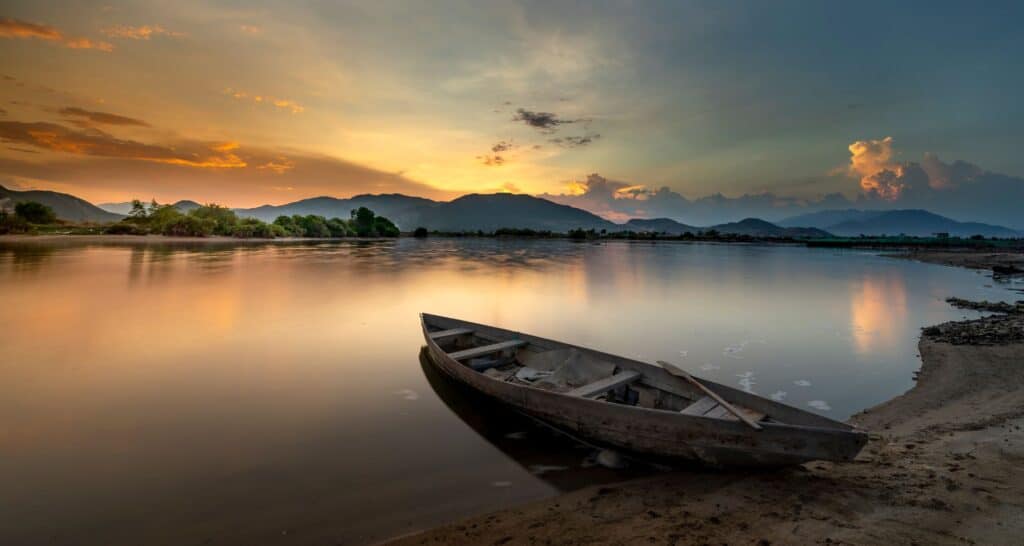
I don’t think talking about and planning for death is morbid, it is responsible and practical. Death will touch all of us. It’s time we stopped treating it like a failure or a surprise – but rather a threshold we will all cross. How we do it (and how we help others do it) matters.
Let’s take it seriously. Let’s do better. Not just for ourselves, but for our communities, our kids, our elders, and everyone we love.
Death is hard enough without silence and shame getting in the way. It deserves our attention, our creativity, and our care.
Death deserves to be done well.
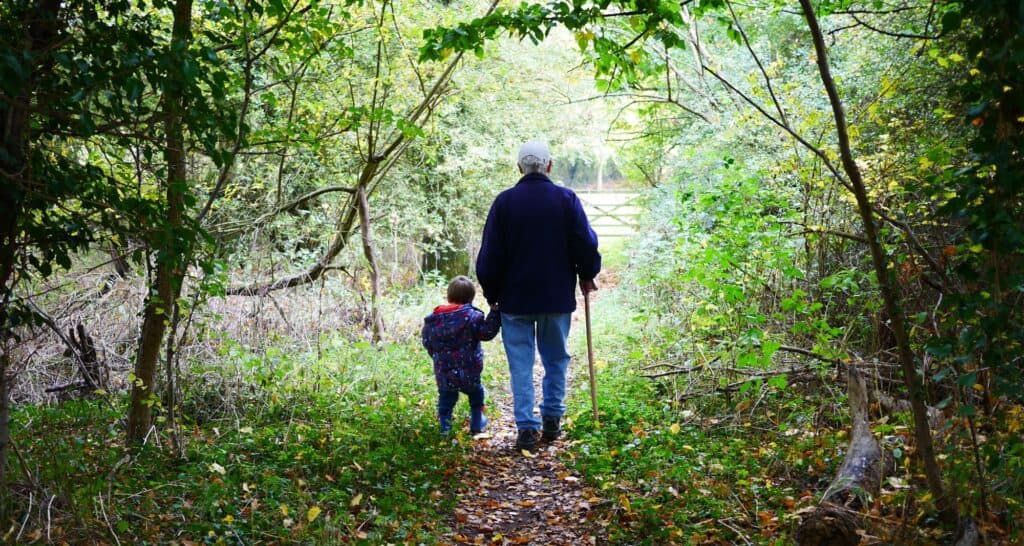

Karla Kerr
Funeral Director and Death Doula
Karla is passionate about fostering end-of-life conversations through education and open dialogue. She believes in confronting difficult topics with compassion, and that by stepping into the space created by grief and loss we tap into our shared humanity.
